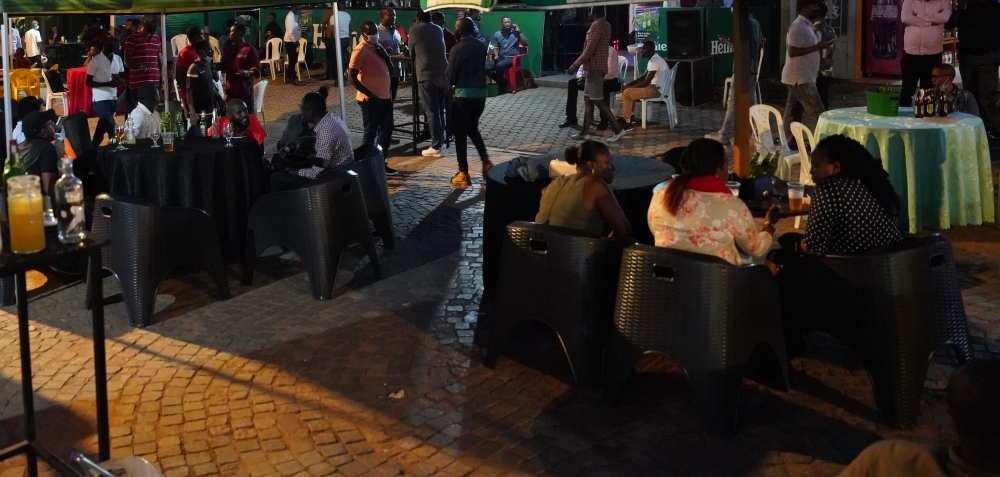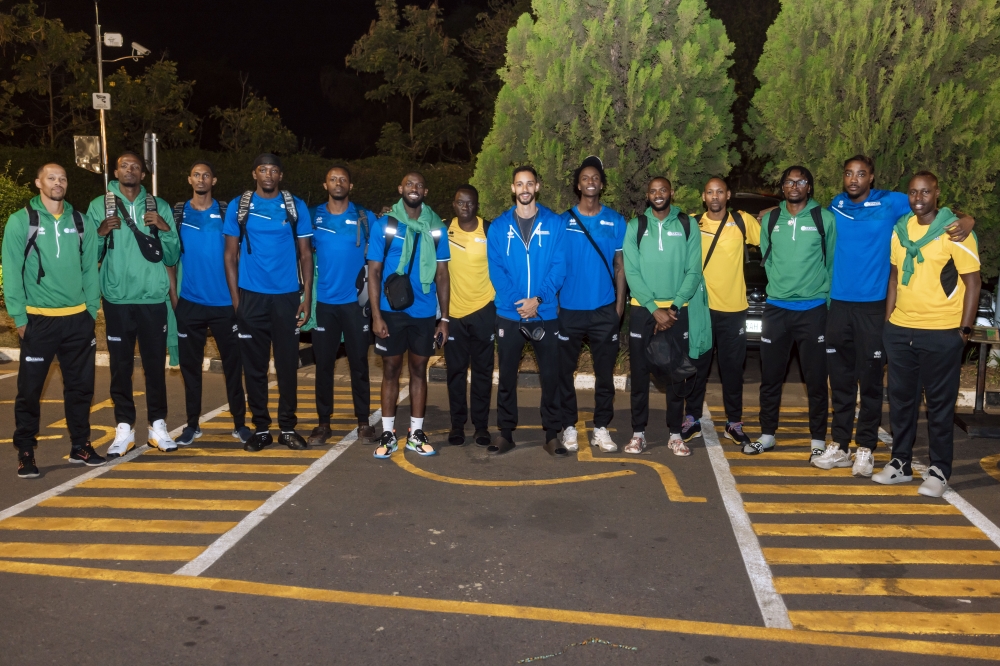As our world becomes more cluttered with media and we find ourselves bombarded with messages from newspapers, magazines, television, movies and the internet it becomes increasingly important to filter what we need and don’t need to know.

As our world becomes more cluttered with media and we find ourselves bombarded with messages from newspapers, magazines, television, movies and the internet it becomes increasingly important to filter what we need and don’t need to know.
We must learn to use media selectively and reflectively. It is a window to the rest of the world but it can also be a fruitless waste of time.
The most important thing is to ask questions about what you are reading, watching, or hearing. What is its source, its purpose?
Is the source credible and reliable? Or are you in danger of becoming a victim to bias, distortion, stereotyping and sensationalism?
To avoid this, it is advisable to get information from multiple sources and to consider any issue from multiple perspectives.
Pictures and stories are powerful forms of communication. They appeal to our imaginations and emotions and play an important role in shaping our worldview, our attitudes and opinions, our values and lifestyles. It is thus important that they are scrutinized.
It’s vital to live intentionally, to consider the trade-offs involved every time we use media (the other worthwhile things we could be doing with our time) and to spend our valuable time only in worthwhile media activities.
In our main story, we are focusing on the rise of magazines on the streets of Kigali and whether they are worth a penny. Read on…
Ends






